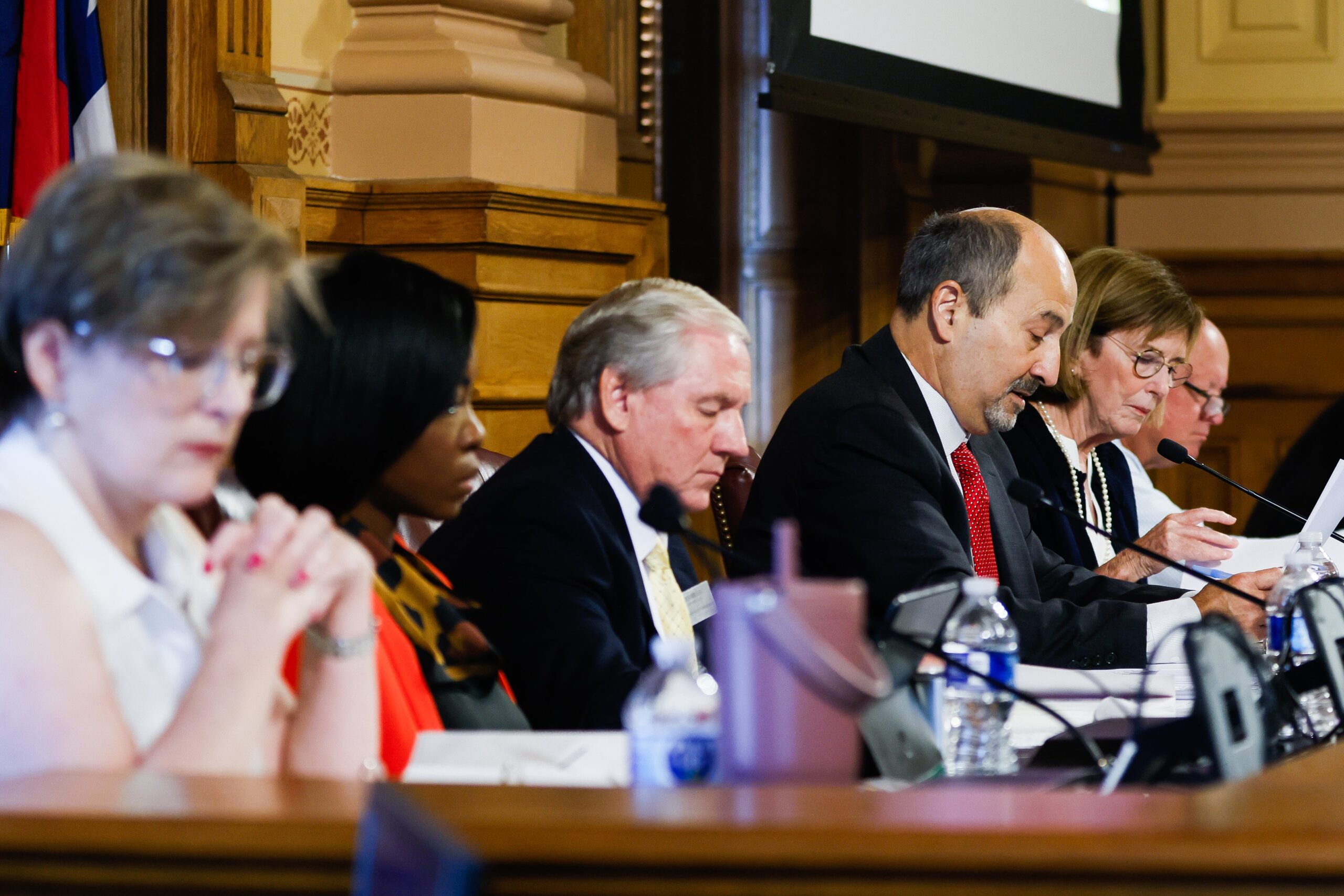Republican Party appointee Janice Johnston said that Lyft’s discounted-fare scheme unjustly favored voters in metro regions, where ridesharing is more prevalent than in rural Georgia and the offer gained media attention.
Rides to the polls are a good concept, but in order for it to be equitable, it must be provided to all Georgia voters. If not, voting is a gift or a payment, according to Johnston.
All Georgia voters had access to Lyft’s software, and according to a secretary of state’s office investigator, they were not asked who they would vote for. However, it’s unclear if there were enough Lyft drivers in remote areas.
The Democratic Party’s representative on the board, Sara Tindall Ghazal, compared Lyft’s ride-to-the-polls initiative to voter assistance programs run by local and religious organizations.
“It’s kind of a backwards analysis to suggest that this is a gift just because there’s more access in some areas,” Ghazal added. No one got anything. All they had to do was pay less. Voters who used the (discount) code or one of these coupons were still had to pay for that ride.
In response, Johnston said that while volunteer-provided free trips are okay, coupons or discounts are not.
Giving or receiving cash or goods in return for voting is illegal in Georgia.
A request for comment from Lyft on Tuesday was not immediately answered. A comparable case involving a group named Rideshare to Vote was unanimously dismissed by the board due to the fact that it provided free rides.






